

Case Studies of Successful Leaders: The Skills, Strategies, and Decisions That Made Them Unstoppable
- Leadership , Personal Development
- October 7, 2024
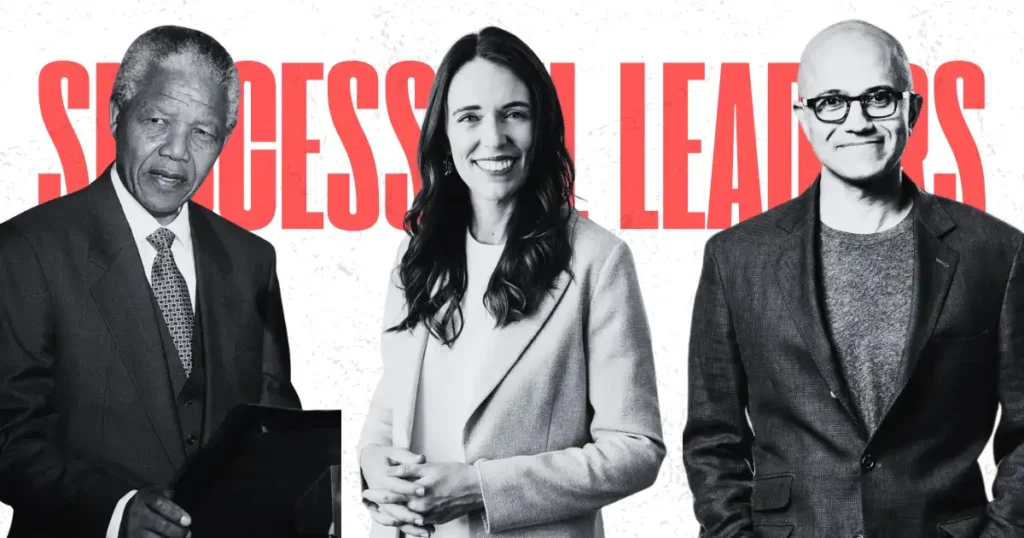
Table of Contents
Introduction: defining successful leadership.
What makes a successful leader? Is it charisma? Intelligence? Vision?
The truth is, there is no one-size-fits-all answer to this question. Success in leadership can vary depending on the field, the organization, and the individual leader. However, there are some common traits that successful leaders tend to share.
Successful leaders are typically:
- Visionary: They have a clear vision for the future and are able to inspire others to share that vision.
- Strategic: They are able to develop and execute plans to achieve their goals.
- Decisive: They are able to make tough decisions and stick to them.
- Communicative: They are able to communicate their vision and plans to others in a clear and concise way.
- Motivational: They are able to inspire and motivate others to achieve great things.
In addition to these core traits, successful leaders also need to be able to adapt to the changing needs of their organizations and the world around them. In today’s complex and globalized business environment, leaders need to be able to think strategically, make data-driven decisions, and manage a diverse workforce.
This article will explore the skills, strategies, and decisions that have made some of the world’s most successful leaders unstoppable. We will look at leaders from all walks of life, including business, politics, and activism. We will also discuss the challenges that these leaders have faced and how they have overcome them.
By studying the case studies of successful leaders, we can learn from their experiences and apply their lessons to our own lives. We can become more effective leaders and achieve greater success in our careers and personal lives.
Why Leadership Skills Matter in Achieving Success
Leadership skills are essential for achieving success in any field. In business, effective leadership can lead to increased productivity, innovation, and profitability. In politics, strong leadership can lead to better policies and improved public services. In activism, effective leadership can lead to social change and progress.
There is a wealth of data and studies that support the correlation between leadership effectiveness and organizational success. A study by Harvard Business Review found that companies with highly effective leaders outperformed their competitors by 26% . Another study by the Center for Creative Leadership found that teams with strong leaders are more likely to be engaged, productive, and innovative.
Leadership skills are also essential for achieving societal impact. Effective leaders can inspire and motivate others to work towards a common goal. They can build consensus and create change. For example, Nelson Mandela’s leadership was instrumental in ending apartheid in South Africa. Mahatma Gandhi’s leadership helped to free India from British rule.
In today’s complex and globalized world, leaders need to be able to master multiple leadership styles. Transformational leaders are able to inspire and motivate others to achieve great things. Charismatic leaders are able to build strong personal connections with their followers. Democratic leaders are able to create a sense of ownership and involvement among their team members.
Effective leaders are able to adapt their leadership style to the needs of the situation. They are able to be directive when necessary, but they are also able to delegate and empower others. They are able to build strong relationships with their followers, but they are also able to hold them accountable.
By mastering multiple leadership styles, leaders can increase their effectiveness and achieve greater success. They can create a more positive and productive work environment, inspire and motivate their team members, and build strong relationships with their stakeholders.
In short, leadership skills are essential for achieving success in any field. They can help leaders to shape organizational success, engage employees, and achieve societal impact.
Case Study 1: Resilience and Vision – Nelson Mandela’s Journey to Freedom
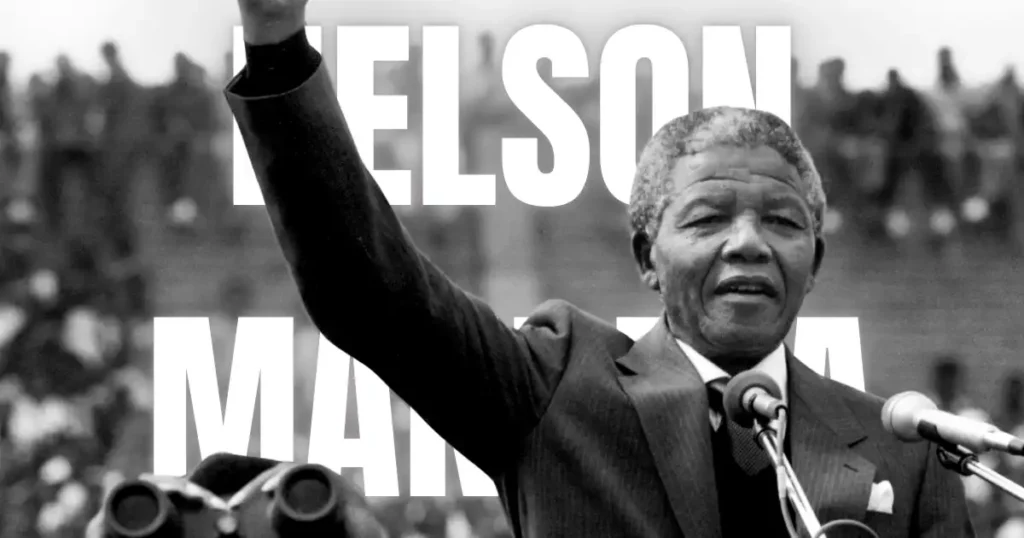
Nelson Mandela was a South African anti-apartheid revolutionary, political leader, and philanthropist who served as the first president of South Africa from 1994 to 1999. He was a key figure in the fight against apartheid, the system of racial segregation that was in place in South Africa from 1948 to 1994.
- Vision: Mandela had a clear vision of a free and democratic South Africa. He was able to articulate this vision to others and inspire them to join him in the fight against apartheid.
- Resilience: Mandela faced many challenges and setbacks in his life. He was imprisoned for 27 years, but he never gave up on his vision of a free South Africa.
Mandela’s ability to maintain a clear vision of a free South Africa, despite adversity, was essential to his success. He was able to keep his focus on the long-term goal, even when things were difficult. Mandela’s unwavering resilience was also a key factor in his success. He never gave up on his dream, even when it seemed impossible.
Real-World Application:
Modern leaders can apply Mandela’s traits of vision and resilience in organizational change or crisis management. By having a clear vision of the future and by being resilient in the face of adversity, leaders can inspire their teams to achieve great things.
Here are some specific examples of how leaders can apply Mandela’s traits in real-world situations:
- In organizational change: Leaders can use Mandela’s vision to create a clear and compelling vision for the future of their organization. This vision can help to motivate employees and stakeholders to embrace change. Leaders can also use Mandela’s resilience to overcome the challenges that are inevitable in any change process.
- In crisis management: Leaders can use Mandela’s vision to help their organizations navigate through crises. By having a clear understanding of the organization’s goals and values, leaders can make decisions that are in the best interests of the organization. Leaders can also use Mandela’s resilience to help their organizations recover from crises and emerge stronger than before.
Mandela’s legacy is one of hope and inspiration. He showed the world that even the most difficult challenges can be overcome with vision and resilience.
Case Study 2: Transformational Leadership – Satya Nadella’s Reformation of Microsoft
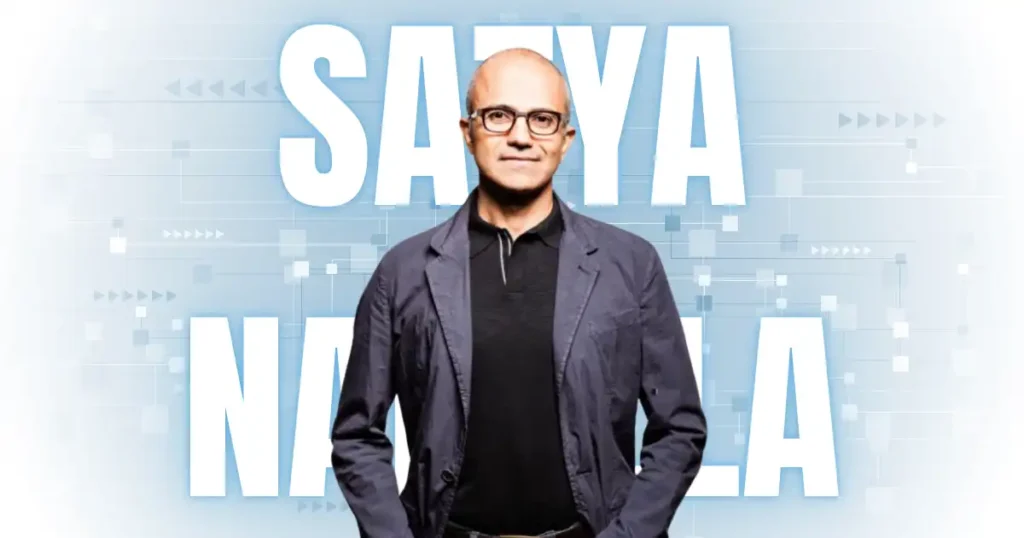
Satya Nadella is an Indian-born American business executive who has been the CEO of Microsoft since 2014. Under Nadella’s leadership, Microsoft has undergone a significant transformation, becoming more innovative, agile, and customer-focused.
- Empathy: Nadella is known for his empathy-driven leadership style. He is able to understand the needs of his employees, customers, and partners, and he uses this understanding to make decisions that benefit all stakeholders.
- Innovation: Nadella is also a strong believer in innovation. He has invested heavily in research and development, and he has encouraged his employees to take risks and think outside the box.
Nadella’s empathy-driven leadership style has helped to shift Microsoft’s culture, making it more inclusive, innovative, and agile. Nadella has created a culture where employees feel valued and respected. He has also empowered his employees to make decisions and take risks. This has led to a more innovative and agile Microsoft.
One of the most significant decisions that Nadella made was to prioritize cloud computing. This decision has helped Microsoft to regain its position as a leader in the tech industry. Microsoft’s cloud computing platform, Azure, is now one of the most popular in the world.
Empathy is a powerful tool that leaders can use to transform their organizations. Here are a few tips for leveraging empathy in corporate culture transformation:
- Listen to your employees. Make an effort to listen to your employees’ concerns and ideas. This will help you to understand their needs and to make decisions that are in their best interests.
- Be open to feedback. Encourage your employees to give you feedback, both positive and negative. This will help you to identify areas for improvement and to create a more positive work environment.
- Empower your employees. Give your employees the authority to make decisions and take risks. This will help to create a more innovative and agile organization.
By following these tips, leaders can create a more empathetic and innovative corporate culture. This will lead to increased employee engagement, productivity, and customer satisfaction.
Case Study 3: Strategic Communication – Jacinda Ardern’s Crisis Management During the COVID-19 Pandemic

Jacinda Ardern is a New Zealand politician who has been the Prime Minister of New Zealand since 2017. She has been praised for her leadership during the COVID-19 pandemic, which has been widely regarded as one of the most successful in the world.
- Strategic communication: Ardern is a skilled communicator who has used her platform to effectively manage the pandemic in New Zealand. She has been transparent with the public about the challenges that the country has faced, and she has provided clear and concise information about the government’s response.
- Empathy: Ardern is also a compassionate leader who has shown empathy for the people of New Zealand during the pandemic. She has acknowledged the sacrifices that people have made, and she has provided support to those who have been affected by the virus.
Ardern’s strategic communication style has been essential to her success in managing the pandemic. She has used a variety of channels to communicate with the public, including televised briefings, social media, and press conferences. She has also been responsive to the public’s concerns, and she has made changes to the government’s response based on feedback from the public.
One of the most effective aspects of Ardern’s communication strategy has been her use of social media. She has used platforms such as Facebook and Instagram to connect with the public directly. She has also used social media to share information about the pandemic and to answer questions from the public.
Leaders can learn a lot from Ardern’s strategic communication style. Here are a few tips for communicating effectively in high-stress situations:
- Be transparent. Be honest with the public about the challenges that you are facing. This will help to build trust and credibility.
- Be clear and concise. When communicating with the public, use clear and concise language. Avoid jargon and technical terms.
- Be responsive. Be responsive to the public’s concerns. Listen to their feedback and make changes to your plans based on their input.
- Use a variety of channels. Use a variety of channels to communicate with the public. This will help to ensure that your message reaches as many people as possible.
By following these tips, leaders can communicate effectively in high-stress situations and build trust with the public.
Deep Dive into Leadership Styles: Matching Skills to Situations
There are many different leadership styles, each with its own strengths and weaknesses. The best leadership style for a particular situation will depend on a number of factors, including the leader’s personality, the team’s needs, and the organizational culture.
Here is a brief overview of some of the most common leadership styles:
- Transformational leadership: Transformational leaders are able to inspire and motivate their followers to achieve great things. They are visionary leaders who are able to see the big picture and to articulate a clear and compelling vision for the future.
- Servant leadership: Servant leaders put the needs of their followers first. They are humble and selfless leaders who are always willing to help others.
- Authoritative leadership: Authoritative leaders are strong and decisive leaders who are able to make tough decisions. They are clear about their expectations and they hold their followers accountable.
- Democratic leadership: Democratic leaders involve their followers in the decision-making process. They are open to feedback and they value the input of others.
- Laissez-faire leadership: Laissez-faire leaders give their followers a lot of freedom and autonomy. They are hands-off leaders who believe that their followers are capable of self-managing.
Here is a chart comparing these leadership styles with real-world examples:
| Leadership Style | Description | Real-World Example |
|---|---|---|
| Transformational | Inspires and motivates followers to achieve great things | Martin Luther King, Jr. |
| Servant | Puts the needs of followers first | Mahatma Gandhi |
| Authoritative | Strong and decisive | Winston Churchill |
| Democratic | Involves followers in decision-making | Abraham Lincoln |
| Gives followers a lot of freedom and autonomy | Steve Jobs |
When to use different leadership styles:
The best leadership style for a particular situation will depend on a number of factors, including the leader’s personality, the team’s needs, and the organizational culture. However, there are some general guidelines that can help leaders choose the right style for the situation.
- Transformational leadership: Transformational leadership is most effective in situations where the team needs to be inspired and motivated to achieve a common goal.
- Servant leadership: Servant leadership is most effective in situations where the team needs to be supported and nurtured.
- Authoritative leadership: Authoritative leadership is most effective in situations where the team needs clear direction and accountability.
- Democratic leadership: Democratic leadership is most effective in situations where the team needs to be involved in the decision-making process.
- Laissez-faire leadership: Laissez-faire leadership is most effective in situations where the team is highly skilled and motivated and does not need close supervision.
By understanding the different leadership styles and when to use them, leaders can increase their effectiveness and achieve greater success.
How Skills Translate into Decisions: Breaking Down Key Moments in Leadership
Nelson mandela’s negotiation tactics:.
Mandela was a master negotiator who was able to achieve his goals without resorting to violence. He was able to build relationships with his opponents and to find common ground. One of Mandela’s most famous negotiation successes was his role in the negotiations that led to the end of apartheid in South Africa.
Mandela’s negotiation skills were influenced by his empathy and his ability to see the world from the perspective of others. He was also a skilled communicator who was able to articulate his vision for a free and democratic South Africa.
Satya Nadella’s cloud-first strategy:
When Nadella became CEO of Microsoft in 2014, the company was struggling to compete with its rivals in the cloud computing market. Nadella made the bold decision to shift Microsoft’s focus to cloud computing. This decision has been a major success for Microsoft. Azure, Microsoft’s cloud computing platform, is now one of the most popular in the world.
Nadella’s decision to focus on cloud computing was influenced by his vision for the future of technology. He believed that cloud computing would be essential for businesses in the future. He was also willing to take risks and to make changes to Microsoft’s business model.
Jacinda Ardern’s pandemic decisions:
Ardern’s leadership during the COVID-19 pandemic has been widely praised. She made a number of tough decisions, including closing the country’s borders and implementing a strict lockdown. These decisions were unpopular at the time, but they ultimately helped to save lives and protect the New Zealand economy.
Ardern’s pandemic decisions were influenced by her empathy and her commitment to public service. She was also willing to listen to the advice of experts and to make decisions based on the best available evidence.
These decisions were all pivotal moments in the careers of these leaders. They had a major impact on the lives of their followers and on the course of history.
Alternative paths:
If Mandela had not been able to negotiate a peaceful end to apartheid, South Africa could have descended into a civil war.
If Nadella had not shifted Microsoft’s focus to cloud computing, the company could have lost its leadership position in the tech industry.
If Ardern had not made the tough decisions that she did during the pandemic, New Zealand could have suffered a much greater loss of life and economic damage.
These examples show how the skills of leaders can translate into decisions that have a major impact on the world.
Common Traits Shared by Successful Leaders Across Fields
There are many different leadership styles and approaches, but there are also some common traits that successful leaders across fields share. These traits include:
- Resilience: Successful leaders are able to bounce back from setbacks and challenges. They are not afraid to take risks, and they are willing to learn from their mistakes.
- Adaptability: Successful leaders are able to adapt to change. They are able to think on their feet and to come up with creative solutions to problems.
- Vision: Successful leaders have a clear vision for the future. They are able to articulate their vision to others and to inspire them to work towards it.
- Communication: Successful leaders are able to communicate effectively. They are able to clearly and concisely articulate their thoughts and ideas.
- Empathy: Successful leaders are able to understand the needs and perspectives of others. They are able to build relationships and to create a positive work environment.
Here are some quotes from successful leaders on these traits:
- Resilience: “The greatest glory in living lies not in never falling, but in rising every time we fall.” – Nelson Mandela
- Adaptability: “The only way to make sense out of change is to plunge into it, move with it, and join the dance.” – Alan Watts
- Vision: “The future belongs to those who believe in the beauty of their dreams.” – Eleanor Roosevelt
- Communication: “The most important thing in communication is hearing what isn’t said.” – Peter Drucker
- Empathy: “Empathy is seeing with the eyes of another, listening with the ears of another, and feeling with the heart of another.” – Alfred Adler
Venn diagram of overlapping traits among leaders:
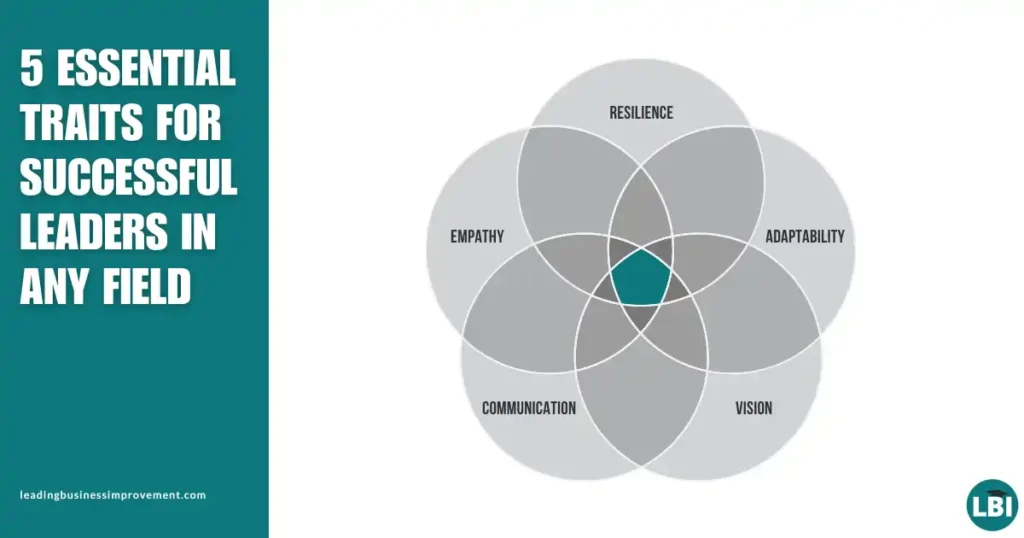
These five traits are essential for success in any field. Leaders who possess these traits are able to inspire others, achieve their goals, and make a positive impact on the world.
Actionable Takeaways for Aspiring Leaders
If you want to become a successful leader, there are a number of things you can do to develop the skills that you need. Here are a few actionable takeaways:
- Develop your resilience. Resilience is the ability to bounce back from setbacks and challenges. You can develop your resilience by practicing optimism, self-compassion, and gratitude. You can also learn from your mistakes and use them as opportunities to grow.
- Become more adaptable. Adaptability is the ability to change and grow in response to new challenges. You can become more adaptable by being open to new experiences, by learning new skills, and by being willing to take risks.
- Create a clear vision for the future. A clear vision is essential for success in any field. To create a clear vision, you need to know what you want to achieve and why. You also need to be able to articulate your vision to others and to inspire them to work towards it.
- Communicate effectively. Effective communication is essential for leaders. You need to be able to clearly and concisely articulate your thoughts and ideas. You also need to be able to listen to others and to understand their needs and perspectives.
- Develop your empathy. Empathy is the ability to understand the needs and perspectives of others. You can develop your empathy by listening to others, by putting yourself in their shoes, and by trying to see the world from their perspective.
Here are some resources that you can use to further your learning:
- “The 7 Habits of Highly Effective People” by Stephen Covey
- “Leadership and Self-Deception” by The Arbinger Institute
- “Emotional Intelligence” by Daniel Goleman
- Coursera: Leadership and Management Specialization
- edX: Leadership and Management MicroMasters
- LinkedIn Learning: Leadership Foundations
- Harvard Business Review: The Five Essential Skills of a Great Leader
- Forbes: The 7 Traits of Highly Effective Leaders
- Psychology Today: 10 Essential Skills for Effective Leadership
By developing the skills that successful leaders possess, you can increase your chances of success in any field.
Conclusion: The Legacy of Effective Leadership
The skills of effective leadership are essential for success in any field. Leaders who possess these skills are able to inspire others, achieve their goals, and make a positive impact on the world.
The case studies in this article have shown how successful leaders have used their skills to overcome challenges, achieve great things, and leave a lasting legacy. Nelson Mandela used his resilience and vision to lead South Africa to freedom. Satya Nadella used his empathy and innovation to transform Microsoft into a cloud computing leader. Jacinda Ardern used her communication skills and empathy to lead New Zealand through the COVID-19 pandemic.
These are just a few examples of the many successful leaders who have made a difference in the world. By applying the skills of effective leadership in your own life, you can make a positive impact on your community, your organization, and the world.
Take the first step towards mastering these skills today. Read books, take courses, and practice these skills in your everyday life. The more you develop your leadership skills, the more successful you will be in achieving your goals and making a difference in the world.

Director and Author of Leading Business Improvement and passionate about all things Process, Continuous and Business Improvement. Over a decade of experience in delivering projects for my clients in these areas, as well as root cause analysis and the reduction of business costs.
- Business Improvement
- Process Improvement
- Continuous Improvement
- Root Cause Analysis
- Lean Six Sigma
- Quality Improvement
- Project Management
- Organizational Culture
- Lean Management
- Business Strategy
- Business Process Management
- Business Process Automation
- Business Cost Reduction
- Personal Development
Recent Uploads
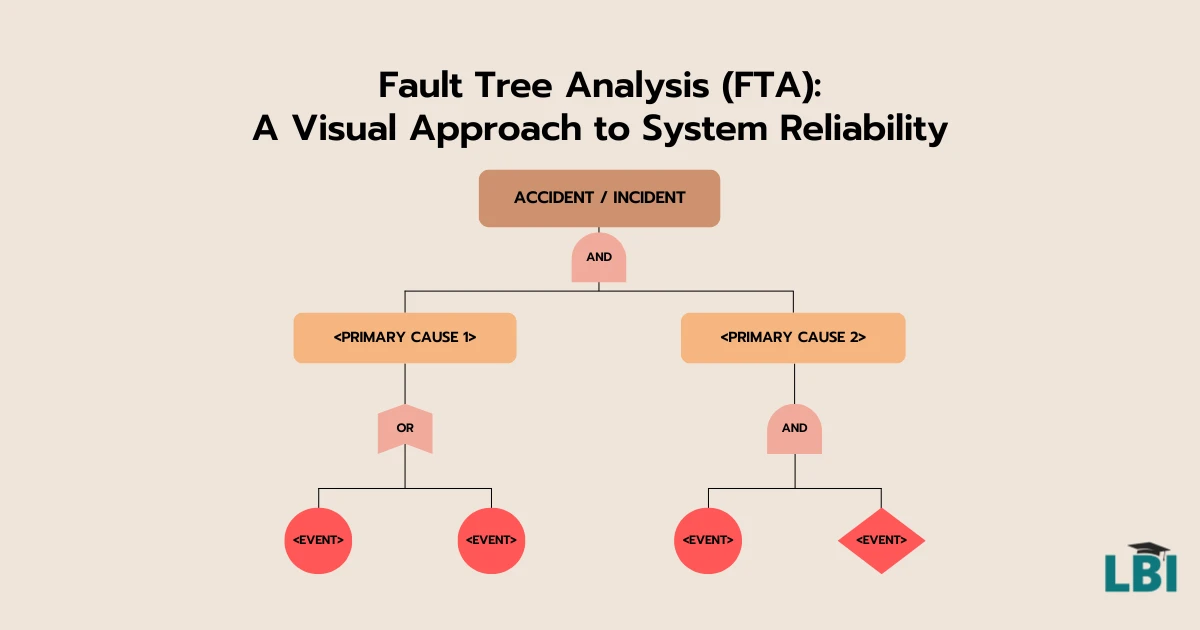
Fault Tree Analysis (FTA): A Visual Approach to System Reliability

8 Leadership Skills for First-Time Managers
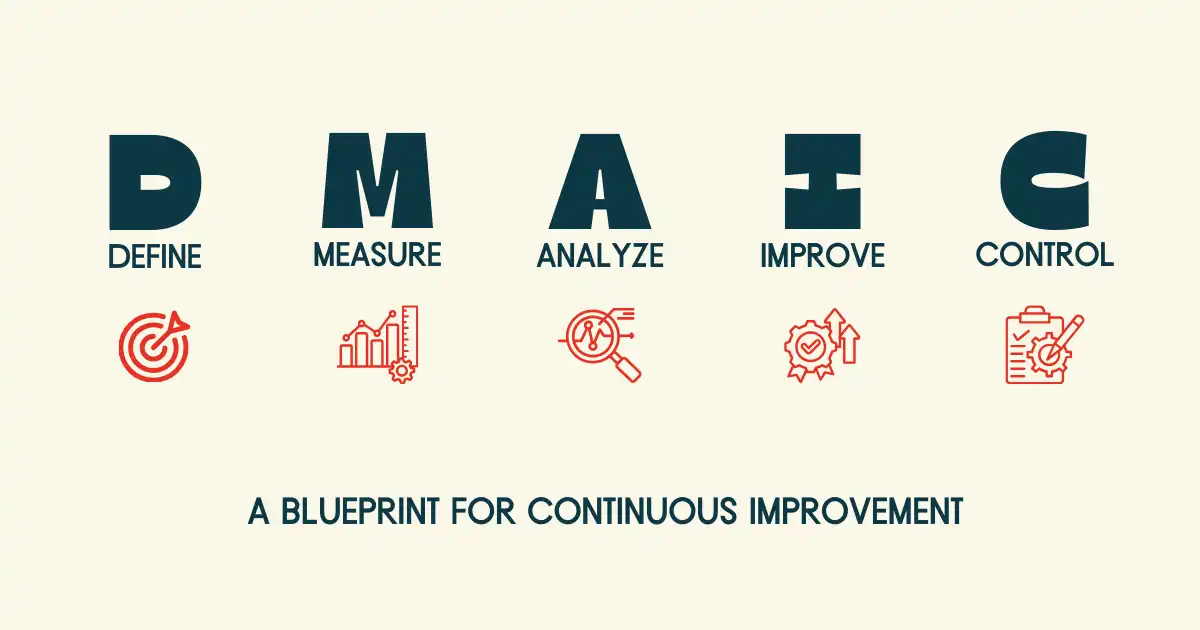
DMAIC: A Blueprint for Continuous Improvement

The PDCA Cycle – A Timeless Formula for Continuous Improvement

The Ultimate 8D Guide: Tools, Tips, and Case Studies for Business Improvement
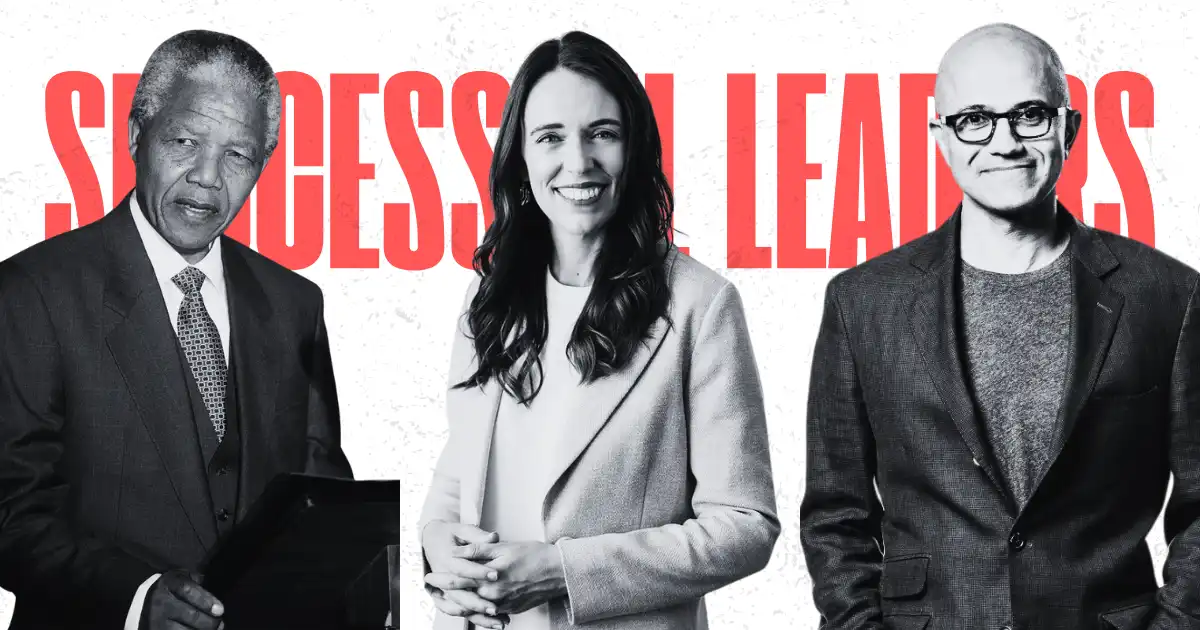
How to Set SMART Goals for Leadership and Personal Development

Best Time Management Tools for Leaders and Professionals
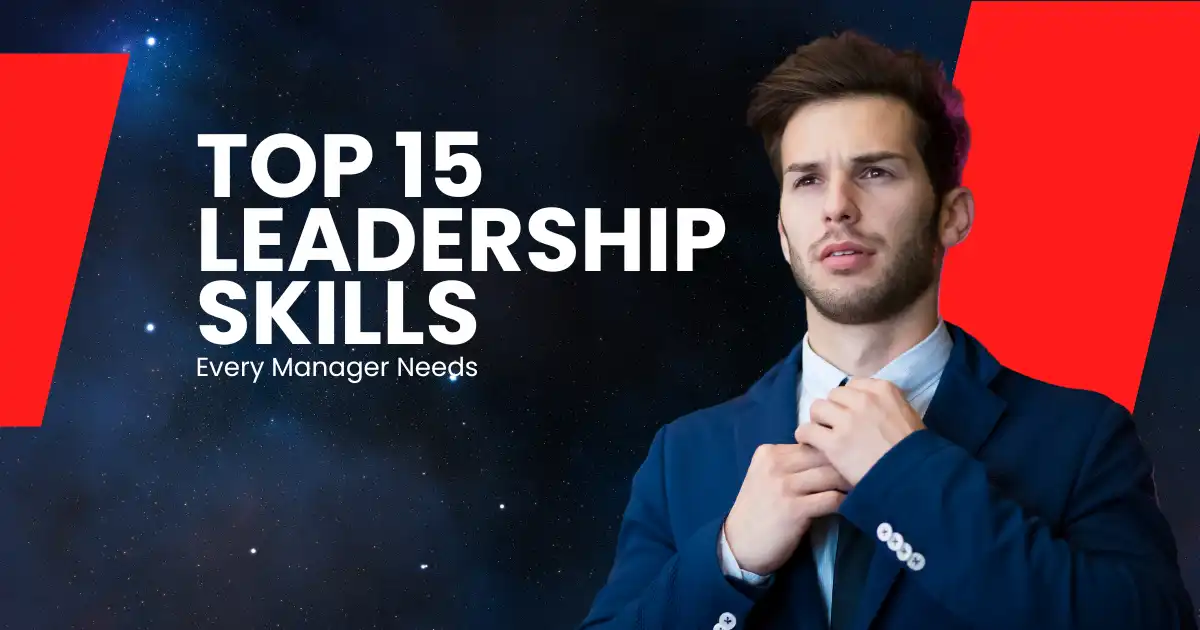
Top 15 Leadership Skills Every Manager Needs to Master in 2024

Why Emotional Intelligence is the Most Important Leadership Skill
Get free templates, courses & certification, new on our blog.
Engaging Reads Just for You

- October 15, 2024
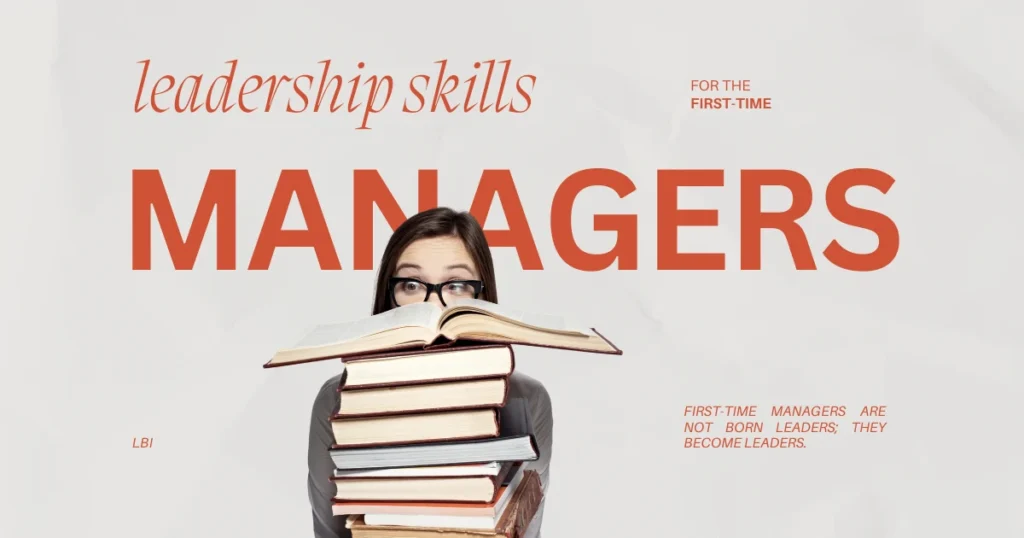
- October 11, 2024

- October 9, 2024

- October 4, 2024

- September 30, 2024
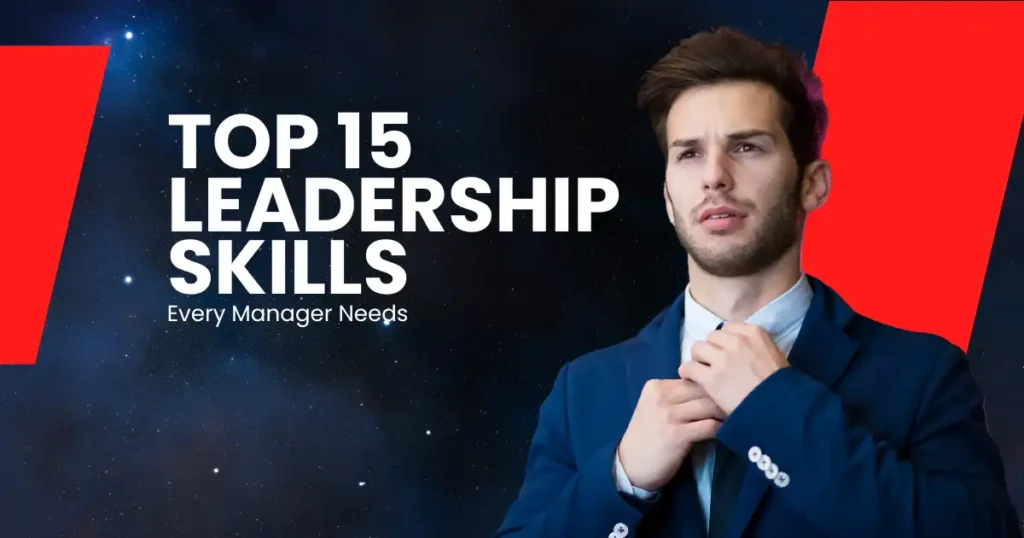
- September 28, 2024

- September 24, 2024
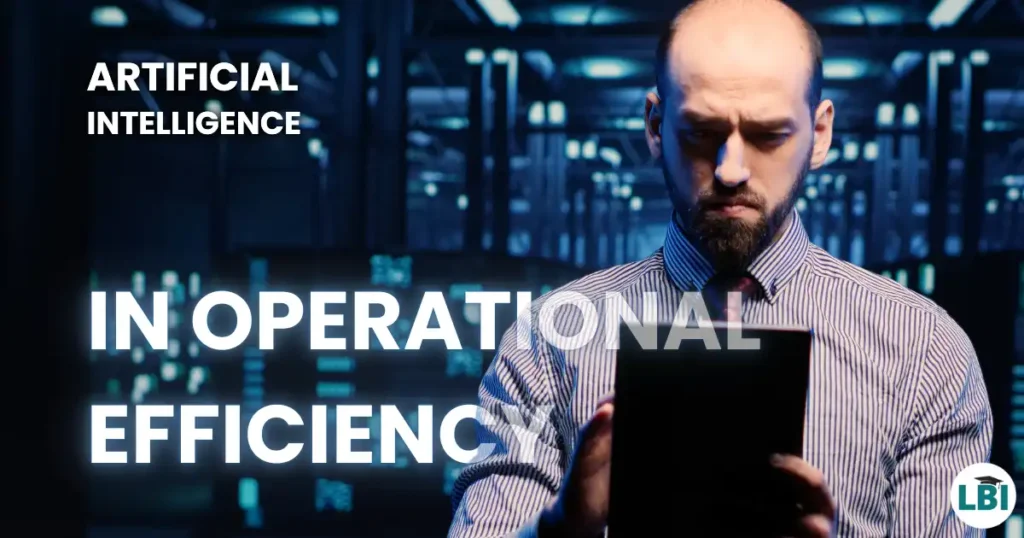
AI in Operations: Revolutionizing Business Efficiency
- September 22, 2024

Best AI Tools for HR 2024 – AI in HR
- September 20, 2024
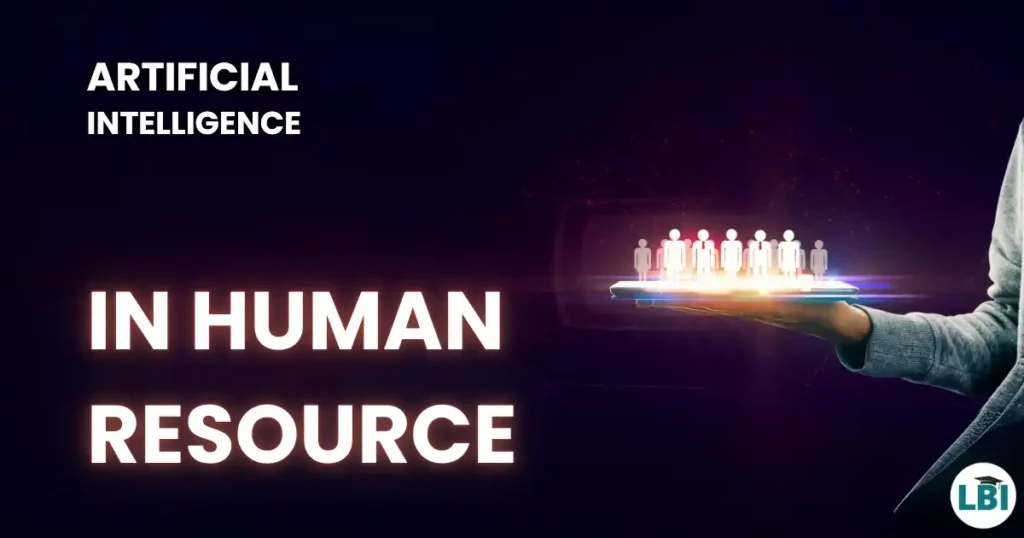
AI in HR – Revolutionizing Human Resource Management
- September 17, 2024

How AI in Supply Chain Management is Transforming Logistics Efficiency
- September 11, 2024
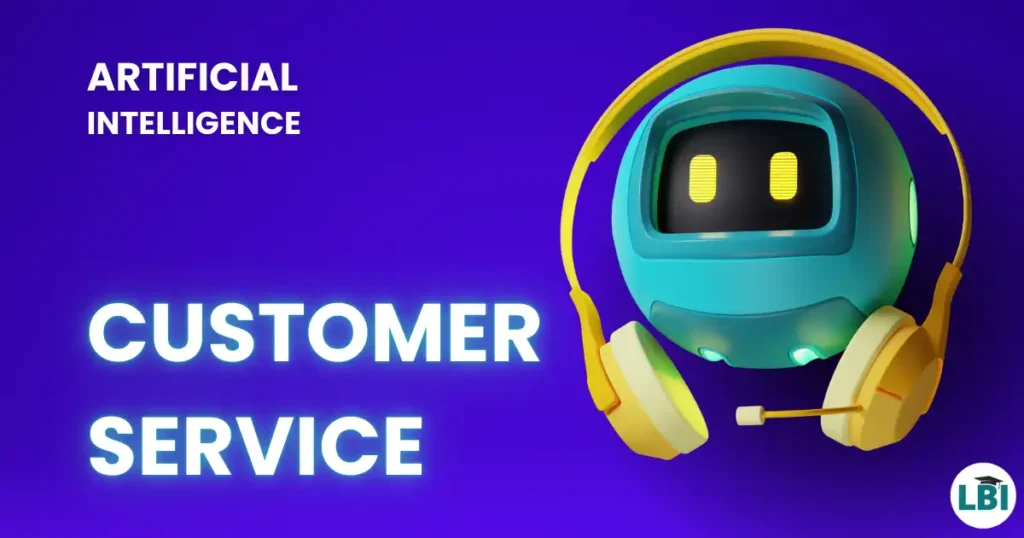
How AI in Customer Service is Revolutionizing Support: Top Tools and Strategies
- September 7, 2024

Delivering Business Improvement Solutions.
[email protected]
Useful Links
Subscribe Now
Don’t miss our future updates! Get Subscribed Today!
©2024. Leading Business Improvement. All Rights Reserved.

- SUGGESTED TOPICS
- The Magazine
- Newsletters
- Managing Yourself
- Managing Teams
- Work-life Balance
- The Big Idea
- Data & Visuals
- Case Selections
- HBR Learning
- Topic Feeds
- Account Settings
- Email Preferences
HBS Case Selections
Revlon India's Turnaround: Navigating Online-Offline Decisions Using a Balanced Scorecard
- Tatiana Sandino
- Samuel Grad
Urban Company
- Krishna G. Palepu
RMZ 4.0: "How fast do we want to run?"
- Boris Groysberg
- Sarah L. Abbott
NIO: A Chinese EV Company's Global Strategy
- William C. Kirby
- Noah B. Truwit
India: Will the Giant Emerge?
- Christian H.M. Ketels
- Radhika Kak
JPMorgan Chase in Paris
- Joseph L. Bower
- Dante Roscini
- Elena Corsi
- Michael Norris
OpenAI: Idealism Meets Capitalism
- Shikhar Ghosh
- Shweta Bagai
Generative AI and the Future of Work
- Christopher Stanton
- Matt Higgins
Copilot(s): Generative AI at Microsoft and GitHub
- Frank Nagle
- Shane Greenstein
- Maria P. Roche
- Nataliya Langburd Wright
- Sarah Mehta
Innovation at Moog Inc.
- Brian J. Hall
- Ashley V. Whillans
- Davis Heniford
- Dominika Randle
- Caroline Witten
Innovation at Google Ads: The Sales Acceleration and Innovation Labs (SAIL) (A)
- Linda A. Hill
- Emily Tedards
Juan Valdez: Innovation in Caffeination
- Michael I. Norton
- Jeremy Dann
UGG Steps into the Metaverse
- Shunyuan Zhang
- Sharon Joseph
- Sunil Gupta
- Julia Kelley
Metaverse Wars
- David B. Yoffie
Roblox: Virtual Commerce in the Metaverse
- Ayelet Israeli
- Nicole Tempest Keller
Timnit Gebru: "SILENCED No More" on AI Bias and The Harms of Large Language Models
- Tsedal Neeley
- Stefani Ruper
Hugging Face: Serving AI on a Platform
- Kerry Herman
- Sarah Gulick
SmartOne: Building an AI Data Business
- Karim R. Lakhani
- Pippa Tubman Armerding
- Gamze Yucaoglu
- Fares Khrais
Honeywell and the Great Recession (A)
- Sandra J. Sucher
- Susan Winterberg
Target: Responding to the Recession
- Ranjay Gulati
- Catherine Ross
- Richard S. Ruback
- Royce Yudkoff
Hometown Foods: Changing Price Amid Inflation
- Julian De Freitas
- Jeremy Yang
- Das Narayandas
Elon Musk's Big Bets
- Eric Baldwin
Elon Musk: Balancing Purpose and Risk
Tesla's ceo compensation plan.
- John R. Wells
- Gabriel Ellsworth
China Rapid Finance: The Collapse of China's P2P Lending Industry
- Bonnie Yining Cao
- John P. McHugh
Forbidden City: Launching a Craft Beer in China
- Christopher A. Bartlett
- Carole Carlson
Booking.com
- Stefan Thomke
- Daniela Beyersdorfer
Innovation at Uber: The Launch of Express POOL
- Chiara Farronato
- Alan MacCormack
Racial Discrimination on Airbnb (A)
- Michael Luca
- Scott Stern
- Hyunjin Kim

Unilever's Response to the Future of Work
- William R. Kerr
- Emilie Billaud
- Mette Fuglsang Hjortshoej
AT&T, Retraining, and the Workforce of Tomorrow
- Joseph B. Fuller
- Carl Kreitzberg
Leading Change in Talent at L'Oreal
- Lakshmi Ramarajan
- Vincent Dessain
- Emer Moloney
- William W. George
- Andrew N. McLean
Eve Hall: The African American Investment Fund in Milwaukee
- Steven S. Rogers
- Alterrell Mills
United Housing - Otis Gates
- Mercer Cook
The Home Depot: Leadership in Crisis Management
- Herman B. Leonard
- Marc J. Epstein
- Melissa Tritter
The Great East Japan Earthquake (B): Fast Retailing Group's Response
- Hirotaka Takeuchi
- Kenichi Nonomura
- Dena Neuenschwander
- Meghan Ricci
- Kate Schoch
- Sergey Vartanov
Insurer of Last Resort?: The Federal Financial Response to September 11
- David A. Moss
- Sarah Brennan
Under Armour
- Rory McDonald
- Clayton M. Christensen
- Daniel West
- Jonathan E. Palmer
- Tonia Junker
Hunley, Inc.: Casting for Growth
- John A. Quelch
- James T. Kindley
Bitfury: Blockchain for Government
- Mitchell B. Weiss
Deutsche Bank: Pursuing Blockchain Opportunities (A)
- Lynda M. Applegate
- Christoph Muller-Bloch
Maersk: Betting on Blockchain
- Scott Johnson
Yum! Brands
- Jordan Siegel
- Christopher Poliquin
Bharti Airtel in Africa
- Tanya Bijlani
Li & Fung 2012
- F. Warren McFarlan
- Michael Shih-ta Chen
- Keith Chi-ho Wong
Sony and the JK Wedding Dance
- John Deighton
- Leora Kornfeld
United Breaks Guitars
David dao on united airlines.
- Benjamin Edelman
- Jenny Sanford
Marketing Reading: Digital Marketing
- Joseph Davin
Social Strategy at Nike
- Mikolaj Jan Piskorski
- Ryan Johnson
The Tate's Digital Transformation
Social strategy at american express, mellon financial and the bank of new york.
- Carliss Y. Baldwin
- Ryan D. Taliaferro
The Walt Disney Company and Pixar, Inc.: To Acquire or Not to Acquire?
- Juan Alcacer
- David J. Collis
Dow's Bid for Rohm and Haas
- Benjamin C. Esty
Finance Reading: The Mergers and Acquisitions Process
- John Coates
Apple: Privacy vs. Safety? (A)
- Henry W. McGee
- Nien-he Hsieh
- Sarah McAra
Sidewalk Labs: Privacy in a City Built from the Internet Up
- Leslie K. John
Data Breach at Equifax
- Suraj Srinivasan
- Quinn Pitcher
- Jonah S. Goldberg
Apple's Core
- Noam Wasserman
Design Thinking and Innovation at Apple
- Barbara Feinberg
Apple Inc. in 2012
- Penelope Rossano
Iz-Lynn Chan at Far East Organization (Abridged)
- Anthony J. Mayo
- Dana M. Teppert
Barbara Norris: Leading Change in the General Surgery Unit
- Nitin Nohria
- Deborah Bell
Adobe Systems: Working Towards a "Suite" Release (A)
- David A. Thomas
- Lauren Barley
Home Nursing of North Carolina
Castronics, llc, gemini investors, angie's list: ratings pioneer turns 20.
- Robert J. Dolan
Basecamp: Pricing
- Frank V. Cespedes
- Robb Fitzsimmons
J.C. Penney's "Fair and Square" Pricing Strategy
J.c. penney's 'fair and square' strategy (c): back to the future.
- Jose B. Alvarez
Osaro: Picking the best path
- James Palano
- Bastiane Huang
HubSpot and Motion AI: Chatbot-Enabled CRM
- Thomas Steenburgh
GROW: Using Artificial Intelligence to Screen Human Intelligence
- Ethan S. Bernstein
- Paul D. McKinnon
- Paul Yarabe
GitLab and the Future of All-Remote Work (A)
- Prithwiraj Choudhury
- Emma Salomon
TCS: From Physical Offices to Borderless Work
Creating a virtual internship at goldman sachs.
- Iavor Bojinov
- Jan W. Rivkin
Starbucks Coffee Company: Transformation and Renewal
- Nancy F. Koehn
- Kelly McNamara
- Nora N. Khan
- Elizabeth Legris
JCPenney: Back in Business
- K. Shelette Stewart
- Christine Snively
Arup: Building the Water Cube
- Robert G. Eccles
- Amy C. Edmondson
- Dilyana Karadzhova
(Re)Building a Global Team: Tariq Khan at Tek
Managing a global team: greg james at sun microsystems, inc. (a).
- Thomas J. DeLong
Organizational Behavior Reading: Leading Global Teams
Ron ventura at mitchell memorial hospital.
- Heide Abelli
Anthony Starks at InSiL Therapeutics (A)
- Gary P. Pisano
- Vicki L. Sato
Wolfgang Keller at Konigsbrau-TAK (A)
- John J. Gabarro
The 2010 Chilean Mining Rescue (A)
- Faaiza Rashid
IDEO: Human-Centered Service Design
- Ryan W. Buell
- Andrew Otazo
- Benjamin Jones
- Alexis Brownell
Midland Energy Resources, Inc.: Cost of Capital
- Timothy A. Luehrman
- Joel L. Heilprin
Globalizing the Cost of Capital and Capital Budgeting at AES
- Mihir A. Desai
- Doug Schillinger
Cost of Capital at Ameritrade
- Mark Mitchell
- Erik Stafford
Finance Reading: Cost of Capital
Circles: series d financing.
- Paul W. Marshall
- Kristin J. Lieb
- William A. Sahlman
- Michael J. Roberts
Andreessen Horowitz
- Thomas R. Eisenmann
Entrepreneurship Reading: Partnering with Venture Capitalists
- Jeffrey J. Bussgang
David Neeleman: Flight Path of a Servant Leader (A)
- Matthew D. Breitfelder
Coach Hurley at St. Anthony High School
- Scott A. Snook
- Bradley C. Lawrence
Shapiro Global
- Michael Brookshire
- Monica Haugen
- Michelle Kravetz
- Sarah Sommer
Kathryn McNeil (A)
- Joseph L. Badaracco Jr.
- Jerry Useem
Carol Fishman Cohen: Professional Career Reentry (A)
- Myra M. Hart
- Robin J. Ely
- Susan Wojewoda
Alex Montana at ESH Manufacturing Co.
- Michael Kernish
Michelle Levene (A)
- Tiziana Casciaro
- Victoria W. Winston
John and Andrea Rice: Entrepreneurship and Life
- Howard H. Stevenson
- Janet Kraus
- Shirley M. Spence
Partner Center
- All Headlines

Top 40 Most Popular Case Studies of 2020
A case study on the Marina Bay Sands in Singapore claimed the top spot in the annual review of case usage conducted by the Yale School of Management’s CRDT.
A case study on the Marina Bay Sands in Singapore claimed the top spot in the annual review of case usage conducted by the Yale School of Management’s Case Research and Development Team (SOM CRDT), dethroning "Coffee 2016", the top case in the last two annual surveys. Marina Bay Sands case examines the intersection of marketing, operations, and sustainability at the luxury resort.
Coffee 2016 fell to second place and a note on Search Fund Company Boards took the third spot. Cases on Shake Shack, Volkswagen, Cadbury, Netflix, Endesa, and the Mayo Clinic rounded out the top ten.
All of the top 40 cases are available for purchase from Yale Management Media .
The list had a particular international flavor this year with 19 of the cases featuring organizations located outside the United States. The top 40 featured 27 "raw" online cases and 13 "cooked" .pdf cases. The functional perspectives of the cases spanned the full range of interests at the Yale School of Management, from customers, the workforce, state & society to investors, entrepreneurship, and sourcing and managing funds.
Other year-end data for 2020 showed:
- Consumption of “raw'' online cases by numbers of users and countries remained steady in 2020 as compared to 2019, but over 50 more titles were viewed, a roughly 30 percent increase.
- Just under half of raw case users were from the U.S., up from a third the year before.
- Customers bought 197 titles, 70 more than in 2019.
- A third of the top 40 cases featured women in leadership positions.
- Interest in SOM case studies remained steady with almost 150K page views of the SOM CRDT case directory .
- Close to 80 percent of those who browsed the directory were from outside the U.S., a 20 percent increase over 2019.
- The top 40 cases were supervised by 22 different Yale SOM faculty members, several supervising two cases or more.
SOM CRDT compiled its third annual top 40 list by combining data from publishers, Google Analytics, direct sales, and other measures of interest and adoption.
The complete list of Top 40 cases studies for 2020:
| RANK | CASE STUDY |
| 1 | |
| 2 | |
| 3 | |
| 4 | |
| 5 | |
| 6 | |
| 7 | |
| 8 | |
| 9 | |
| 10 | |
| 11 | |
| 12 | |
| 13 | |
| 14 | |
| 15 | |
| 16 | |
| 17 | |
| 18 | |
| 19 | |
| 20 | |
| 21 | |
| 22 | |
| 23 | |
| 24 | |
| 25 | |
| 26 | |
| 27 | |
| 28 | |
| 29 | |
| 30 | |
| 31 | |
| 32 | |
| 33 | |
| 34 | |
| 35 | |
| 36 | |
| 37 | |
| 38 | |
| 39 | |
| 40 |

IMAGES
VIDEO
COMMENTS
Orders for Yale SOM case studies increased by almost 50% compared to 2020. The top 40 cases were supervised by 19 different Yale SOM faculty members, several supervising multiple cases. CRDT compiled the Top 40 list by combining data from its case store, Google Analytics, and other measures of interest and adoption.
The case studies in this article have shown how successful leaders have used their skills to overcome challenges, achieve great things, and leave a lasting legacy. Nelson Mandela used his resilience and vision to lead South Africa to freedom.
In this blog post, we will explore three real-life case studies that highlight the positive impact of authentic leadership in different companies, showcasing the tangible benefits they...
Find new ideas and classic advice on strategy, innovation and leadership, for global leaders from the world's best business and management experts.
This article delves into the essence of leading by example, examining its importance in fostering positive change and inspiring others to follow suit. Through case studies spanning diverse...
The top 40 cases were supervised by 22 different Yale SOM faculty members, several supervising two cases or more. SOM CRDT compiled its third annual top 40 list by combining data from publishers, Google Analytics, direct sales, and other measures of interest and adoption.